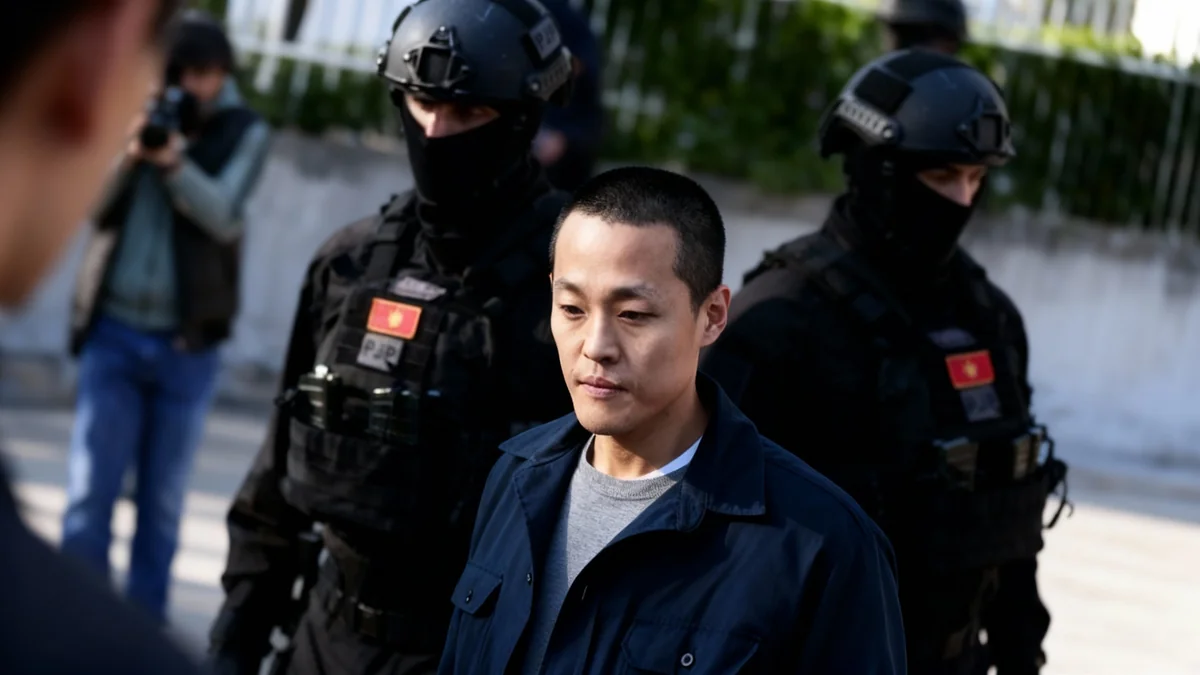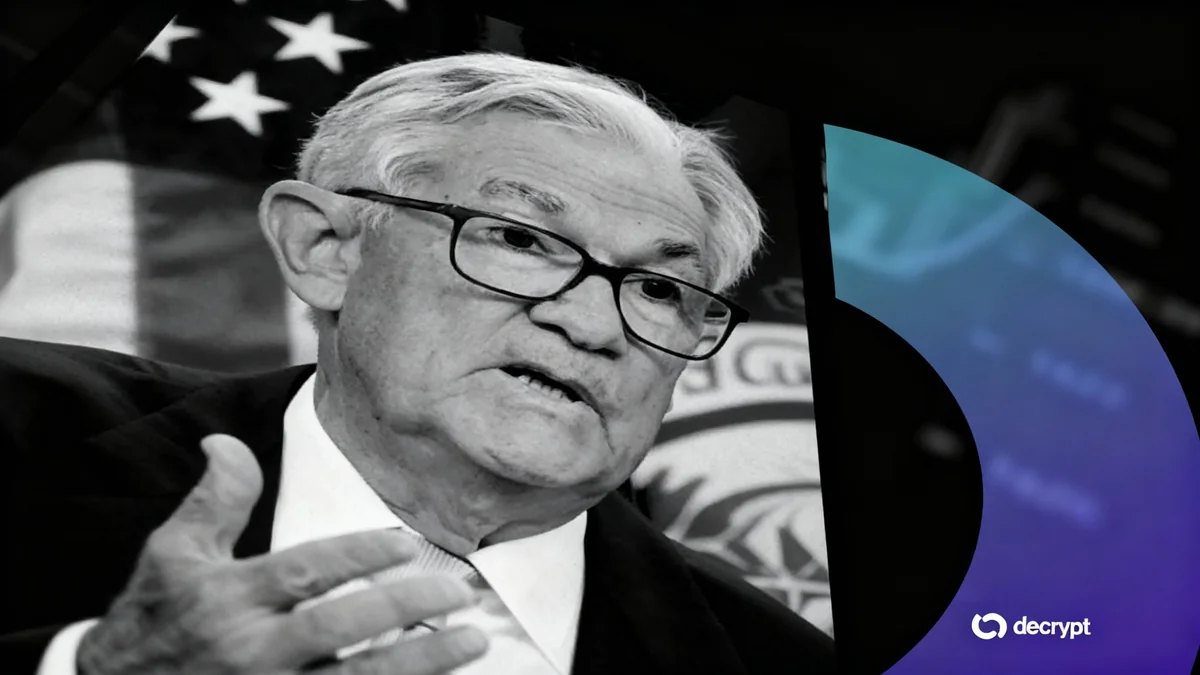The cryptocurrency industry is facing a period of significant transformation as governments, courts, and political figures worldwide increase their engagement with digital assets. From comprehensive regulatory frameworks in Europe to high-stakes legal battles in Asia and political discussions in the United States, the once-unregulated space is now a focal point for traditional power structures.
This shift reflects the growing integration of digital currencies into the global financial system. Key developments, including the European Union's landmark MiCA legislation and notable court rulings, are establishing new rules and precedents that will shape the future of the crypto market for years to come.
Key Takeaways
- The European Union is implementing the Markets in Crypto-Assets (MiCA) regulation, one of the world's most comprehensive crypto-specific legal frameworks.
- A recent Bombay High Court ruling in favor of CoinSwitch highlights the growing role of national legal systems in resolving disputes between crypto platforms.
- High-profile cases, such as the potential pardon for Binance founder Changpeng Zhao, demonstrate the increasing intersection of cryptocurrency and politics.
- Political figures, including Nobel Peace Prize laureate María Corina Machado, are acknowledging Bitcoin's role in economic and political resistance.
European Union Sets a Global Precedent with MiCA
The European Union has taken a decisive step to regulate the digital asset market with its Markets in Crypto-Assets (MiCA) legislation. This comprehensive framework is designed to bring legal clarity and stability to the crypto industry across its member states, potentially serving as a model for other jurisdictions globally.
MiCA is part of a broader digital finance package aimed at modernizing the EU's financial sector. The regulation was formally approved and is expected to become law, with its provisions being phased in over an 18-month period. Some rules are scheduled to take effect in mid-2024, with the full framework anticipated to be operational by the beginning of 2025.
What Does MiCA Cover?
According to the official text, MiCA applies to individuals and entities involved in the issuance, offering, and trading of crypto-assets. This includes stablecoins, utility tokens, and asset-referenced tokens. The regulation aims to protect investors, ensure market integrity, and promote financial stability while fostering innovation in the digital finance space.
The implementation of MiCA is a landmark event for the crypto industry. For years, the market has operated in a legal gray area in many parts of the world. Proponents of the regulation argue that it will provide much-needed consumer protection and establish clear operating rules for crypto-asset service providers, which could attract more institutional investment.
By creating a harmonized set of rules, the EU aims to eliminate regulatory fragmentation among its member nations. This unified approach is expected to make it easier for compliant crypto businesses to operate across the entire bloc with a single license.
Courts Step in to Resolve Crypto Industry Disputes
As the cryptocurrency market matures, national legal systems are playing an increasingly crucial role in settling commercial disputes and addressing financial crimes. A recent case in India involving two major crypto exchanges, CoinSwitch and WazirX, exemplifies this trend and underscores the importance of legal recourse in the digital asset space.
The Bombay High Court delivered a significant judgment that allows CoinSwitch to secure assets that were reportedly stolen and subsequently held on the WazirX platform. The court upheld a previous order from an arbitration tribunal, compelling WazirX's operator, Zanmai Labs, to provide substantial financial guarantees.
Details of the Ruling
The court ordered Zanmai Labs to furnish bank guarantees totaling approximately $5.4 million (Rs 45.38 crores). This measure is intended to protect CoinSwitch's financial interests while legal proceedings continue. The ruling marks a critical moment for asset recovery in India's crypto sector.
This legal battle began after a security breach led to the loss of assets from CoinSwitch, which were then traced to accounts on the WazirX exchange. Zanmai Labs, an Indian subsidiary of the Singapore-based company Zettai, had previously objected to CoinSwitch's efforts to retrieve the funds. The court's decision, delivered by Justice Somasekhar Sundaresan, reinforces the authority of arbitration and the judiciary in resolving complex crypto-related conflicts.
This case serves as a powerful reminder that despite their digital nature, crypto assets are subject to traditional legal principles. The ruling provides a precedent for how stolen digital assets can be secured through established legal channels, offering a degree of reassurance to investors and companies operating in the industry.
The Intersection of Cryptocurrency and Politics
The influence of cryptocurrency is expanding beyond financial markets into the political arena. Recent events involving prominent international figures highlight how digital assets are becoming part of broader conversations about economic freedom, criminal justice, and political resistance.
Binance Founder's Pardon Reportedly Considered
In the United States, speculation has emerged regarding a potential presidential pardon for Changpeng “CZ” Zhao, the founder of the world's largest cryptocurrency exchange, Binance. According to a report from Fox Business journalist Charles Gasparino, discussions within the Trump administration about a pardon are reportedly underway.
Gasparino tweeted that White House insiders claim discussions are heating up and that former President Trump “is leaning toward a pardon.” This claim has generated significant discussion within the crypto community.
Zhao's legal issues have been a major story in the crypto world, and the possibility of a presidential pardon introduces a new political dimension to his case. While the reports remain unconfirmed, they illustrate how the fates of major crypto industry leaders can become entangled with high-level political maneuvering.
Nobel Laureate Champions Bitcoin as a Tool for Resistance
In a different context, the 2025 Nobel Peace Prize winner, Venezuelan opposition leader María Corina Machado, has been identified as a supporter of Bitcoin. Machado has spoken about the cryptocurrency's role in helping citizens navigate economic collapse and political oppression in Venezuela.
In a previous interview with Bitcoin Magazine, Machado described the digital asset as a “vital means of resistance” for many Venezuelans. She explained that it has been used to bypass a failing traditional economy and that her political movement looks forward to embracing Bitcoin in a future, democratic Venezuela.
Machado's recognition on the world stage brings attention to one of Bitcoin's core use cases: providing a decentralized financial tool for individuals living under authoritarian regimes or in countries with hyperinflation. Her endorsement highlights the technology's potential to empower people in situations where state-controlled financial systems have failed.





